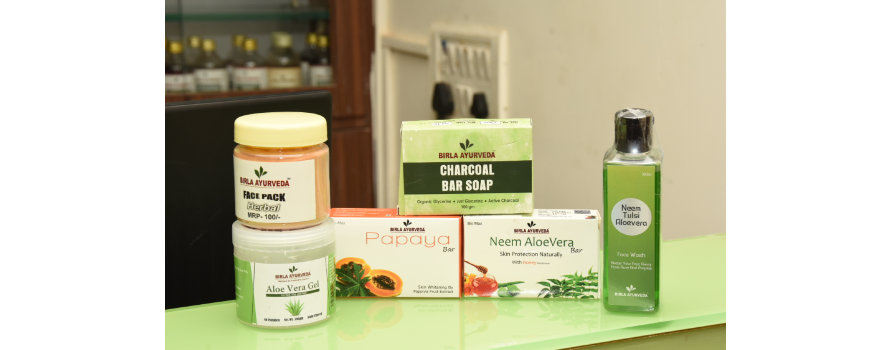Shatavari, a medicinal herb in Ayurveda, is known for its profound impact on women’s health. Scientifically termed Asparagus racemosus, it originates from India and the Himalayas. Revered for centuries, Shatavari is believed to balance hormones, enhance reproductive health, and offer immune system support. Available in various forms such as powder and capsules, it is commonly used in traditional remedies to address conditions related to menstruation, fertility, and digestion. Always consult a healthcare professional before incorporating Shatavari into your wellness routine. Here is your guide to Shatavari:
What is Shatavari?
Shatavari is a species of asparagus that is commonly used in traditional medicine, especially in Ayurveda, a holistic system of medicine that originated in India. The plant is native to India and the Himalayas and has been used for centuries for its medicinal properties.
Health Benefits of Shatavari:
Reproductive Health:
- Shatavari is often recommended for women’s reproductive health. It is believed to support the female reproductive system by balancing hormonal levels and promoting regular menstruation.
- It may be used during various stages of a woman’s life, including puberty, pregnancy, and menopause.
Fertility:
- Some studies suggest that Shatavari may have potential benefits for fertility by supporting the health of the female reproductive organs.
Immune System:
- Shatavari is known for its immunomodulatory properties, which means it may help regulate and support the immune system.
Digestive Health:
- It is believed to have a soothing effect on the digestive system and may be used to address issues such as acidity and inflammation.
Anti-Inflammatory Properties:
- Shatavari is thought to possess anti-inflammatory properties that could benefit various inflammatory conditions.
How to Use Shatavari:
Powder or Capsules:
- Shatavari is commonly available in powder or capsule form. The powder can be mixed with warm water, milk, or honey.
Decoction:
- You can prepare a decoction by boiling Shatavari roots in water. This can be consumed as a tea.
Tincture:
- Shatavari is also available in tincture form. Follow the recommended dosage on the product label.
Dosage:
- Dosage may vary depending on factors such as age, health, and the specific condition being addressed.
- It is advisable to consult with a healthcare professional or an Ayurvedic practitioner for personalized advice.
Precautions:
- Pregnant or breastfeeding women and individuals with certain medical conditions should consult with a healthcare professional before using Shatavari.
- Like any supplement, it’s important to use Shatavari in moderation and as directed.
Conclusion:
While Shatavari is generally considered safe, individual responses to herbal remedies can vary. It’s crucial to consult with a healthcare professional or an Ayurvedic practitioner before incorporating it into your routine, especially if you are on other medications or have pre-existing health conditions. Additionally, always choose high-quality, reputable sources for herbal supplements.



